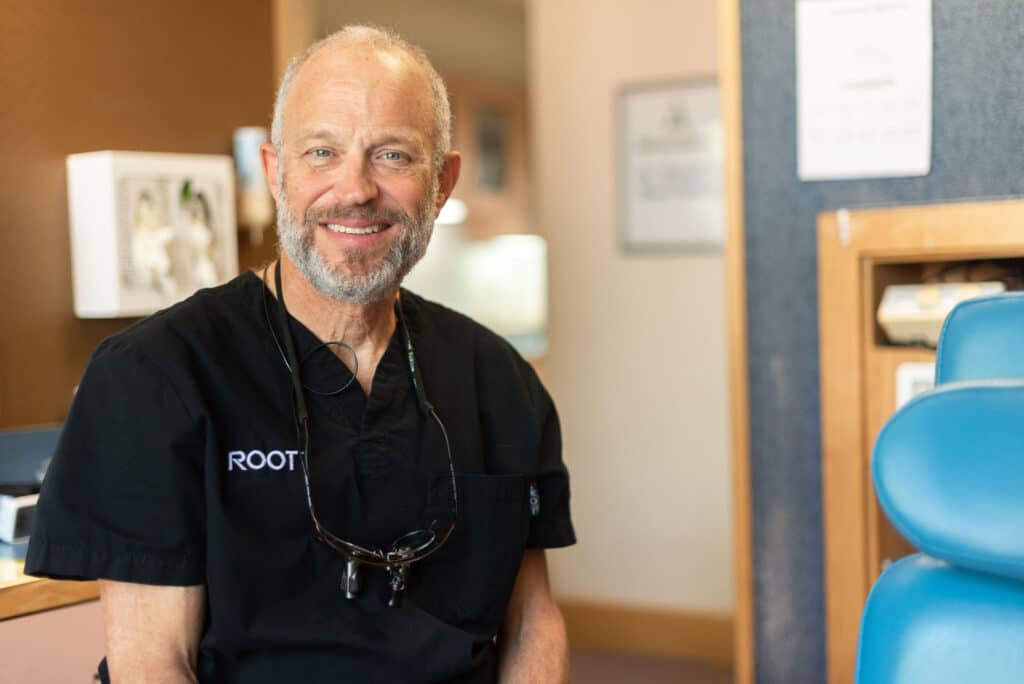Periodontist Frequently Asked Questions
Although everyone is familiar with what it means to go to the dentist, many people are unfamiliar with periodontist dallas texas and how they differ from traditional dentistry. If you have recently been told that you should see a periodontist, or if you would like to learn more about periodontology, please refer to the following frequently asked questions.
What is the difference between a periodontist and a dentist?
In addition to completing an undergraduate degree and dental school, a licensed periodontist must also complete a residency program, which typically lasts between 30-36 months. This additional education is focused on understanding the cause and treatment of gum disease, and other issues and aspects of the periodontium (supporting structures of the teeth). Although it is not a requirement, many periodontists also take board-certified examinations to demonstrate a commitment to continuing education and mastery of their field. A periodontist must become recertified every six years.
What can periodontists do that my dentist cannot?
There are several procedures that can be performed by both a dentist and a periodontist, but periodontists are considered the best option for issues related to gum disease and/or the periodontium. Periodontists can perform a variety of procedures, ranging from preventative to cosmetic to surgical. For more severe cases of gum disease that have resulted in loss of teeth, periodontists may perform dental implants, full mouth reconstruction, and/or bone grafts, whereas in less severe cases, a periodontist may perform milder procedures, such as periodontal maintenance or scale and root planing to halt or reverse the effects of gum disease. Oftentimes, general dentists and periodontists work in partnership to develop a comprehensive care plan that is individualized to a patient’s unique oral health care needs.
Can children develop periodontal disease?
While it is possible for children and adolescents to develop periodontal disease, it is very rare. All the same, it is important that children and adolescents practice good oral health care and keep their teeth and gums healthy to reduce their risk of developing periodontal disease in the future. Be certain that your children brush their teeth twice daily and practice proper flossing techniques. It is also important to ensure they have regular (biannual) dental checkups so their teeth can be professionally cleaned and their oral health can be monitored. By establishing these good habits early on, your child will have a much higher likelihood of avoiding issues like periodontal disease and enjoy a lifetime of good oral health.
As a parent, you should also be aware of the warning signs of periodontal disease, which include red, swollen, bleeding gums or bad breath that won’t go away. If your child develops any of these symptoms, tell your dental professional right away. It’s also a good idea to ensure your dental professional knows your complete family history, as genetics can play an important role in the early development of periodontal disease.
What are the warning signs of periodontal disease?
Periodontal disease can typically be caught early provided patients schedule regular dental or periodontal examinations (biannually). If you do not schedule regular dental cleanings or periodontal examinations and notice any of the following symptoms, this may be an indication that you have developed periodontal disease:
- Tender or swollen gums
- Gums that bleed easily
- Chronic halitosis that persists even after brushing your teeth
- Gum recession
- Teeth that have become loosened
- Unexplained mouth pain
- Mouth sores
- Pus between your gums and teeth
- Change in bite or fit/feel of dentures
- Unexplained tooth loss
If you have any of these symptoms, schedule an appointment with your periodontist today. If treated early enough, periodontal disease can usually be reversed.
What will happen during my first periodontal examination?
Your first periodontal examination will involve a thorough examination of your mouth, including the health of your gums, the alignment of your bite, and the status of your teeth. During this examination, your periodontist will also look for indications of jaw dysfunction, gum recession, loss of bone, and/or periodontal disease. If necessary, an X-Ray or other diagnostic test may be taken to determine a diagnosis.
Once a proper diagnosis has been made, your periodontist will discuss available treatment options and answer any questions you have. Once a treatment plan has been determined, the examination will be complete, after which a follow-up appointment will be scheduled if necessary.
How is periodontal disease treated?
Periodontal treatment will be determined by the nature and severity of your periodontal disease. To determine this, a thorough examination will be performed, which will involve the use of a specialized tool to measure the pocket depth of your gums. Gums that are healthy will have a pocket depth of 4mm or less, whereas pockets that are deeper than 4mm generally indicate that periodontal disease is present.
To treat periodontal disease, it will first be necessary to remove bacteria that has formed beneath the gums, and then inhibit the ability for bacteria to collect and harden into tartar, which is done by a scaling and root planing procedure. Once the bacteria has been removed, additional procedures and steps can be taken to reduce your risk of developing periodontal disease and/or correct the impact periodontal disease has already had on your oral health.
Patients who have experienced gum loss may have a gum graft or Pinhole Surgical Technique procedure performed, whereas patients who have lost a tooth or teeth due to periodontal disease may have a dental implant or implants placed. For less severe cases of periodontal disease, improved at-home care and scheduling more frequent periodontal maintenance may be sufficient to correct the issue and prevent similar issues from developing in the future. Which type of periodontal treatment or treatment options are right for you will vary from patient to patient and be determined by your unique needs.
What is plaque and calculus?
Dental plaque is a sticky film covering teeth that is formed by saliva, proteins, and bacteria. Every time you eat, acids, particles, and sugars can get stuck on this plaque. Brushing your teeth, flossing, and rinsing regularly are often sufficient measures to remove the majority of this plaque, but there are times when plaque is not removed and allowed to build up. When plaque builds up over a period of time, it will eventually harden and turn into calculus.
When calculus forms, it can no longer be removed through traditional brushing and/or flossing, and will require a professional cleaning from a periodontist to be removed. If calculus is not removed early enough, gum disease can develop, which can cause a range of issues, including gum recession, jawbone deterioration, and eventually the loss of teeth.
One of the best methods for preventing plaque from building up and hardening into calculus is to follow proper oral hygiene self-care. Brush and floss your teeth twice daily, and be mindful of avoiding foods or beverages that are sugary or starchy; and if you do eat or drink these foods or beverages, rinse your mouth after doing so. It is also important to avoid using tobacco products, especially chewing tobacco.
For patients who have already developed calculus, it will be necessary to schedule an appointment to have the calculus professionally removed through a scale and root planing procedure or LANAP.
Will periodontal surgery be necessary?
Periodontal surgery is typically avoided unless absolutely necessary; however, there are times when surgical intervention is the only treatment option that will allow you to best preserve and maintain your oral health.
How much will treatment cost and will the treatment be covered by insurance?
Treatment costs will depend on a number of factors, including the severity of the patient’s case, what type of procedures are performed, what diagnostic tests are required, whether or not the patient has insurance, and if they do, what type of insurance plan they have. Additional factors include the number of visits required to correct the issue, type of materials used (where applicable), and what type of dental sedation (if any) is used.
Most periodontal treatments are covered (partially or in full) by dental plans, however it is important to discuss anticipated costs and coverage with your provider and/or periodontist prior to having procedures performed so you know what to expect.
If cost of treatment is of significant concern, many clinics offer financing options which allow patients to pay for treatment costs over a period of time.
Yes, there may be a way to enhance your smile. It’s a good idea to discuss your options with a periodontist first. He or she can explain the best way to create the smile you want, as well as answer any questions that you may have. For example, one procedure that can remove excess gum tissue is called crown lengthening. After the excess gum tissue is removed, the gum line is then reshaped in order to create the right proportion between gum tissue and tooth surface. Your general dentist and periodontist may also work together to coordinate additional treatments such as veneers or crowns. However, your periodontist and general dentist will recommend the best procedure to improve your smile.
Do I still need to see my regular dentist if I visit my periodontist?
Scheduling regular visits with both your general dentist and periodontist is the best way to optimize your oral health and ensure that you receive individualized care that is delivered by a team that has a thorough understanding of your unique oral health issues and needs.
What are the potential consequences of periodontal disease?
Periodontal disease can cause a range of issues that can be mild or severe. Milder cases of periodontal disease may result in your gums receding and the pockets of your gums to deepen. As these pockets deepen, more bacteria is allowed to collect, which in time can harden into calculus, which cannot be removed by normal brushing methods.
If left untreated, gums can begin to recede further, which creates an uneven ratio of teeth and gums that many patients find aesthetically unappealing. Receded gums can also cause teeth to become loosened, and eventually to fall out.
Patients who have lost a tooth or teeth can experience a range of associated issues. Over time, the skin that surrounds your mouth will begin to sag, resulting in an aged appearance. Missing teeth will also cause surrounding teeth to begin to shift, and the underlying jawbone to deteriorate. If the jawbone deteriorates enough, it can become weakened to the point where it can no longer support a dental implant, at which point a dental bone graft will be necessary. The loss of teeth also impacts daily enjoyments, such as what foods can be eaten. Tooth loss can also cause patients to feel self-conscious or embarrassed by their physical appearance.
In addition to these negative impacts on your oral health, periodontal disease is also linked to cardiovascular disease and other health issues, such as diabetes, arthritis, asthma, kidney disease, Alzheimer’s’, and more. Research has shown that periodontal disease may increase the risk for developing cardiovascular disease. Both periodontal disease and cardiovascular disease are chronic inflammatory diseases, so researchers believe that inflammation may account for the association between the two. Untreated periodontal disease can increase inflammation in the body, which may increase the risk for development of more severe health complications, including cardiovascular disease. However, more research is needed to determine the exact relationship between the two conditions.
Plaque is the sticky, colorless film that constantly forms on your teeth. Bacteria live in plaque and secrete acids that cause tooth decay and irritate gum tissue. This irritation causes an inflammatory reaction by your body that can eventually lead to gingivitis and periodontal disease. If plaque is not removed regularly by tooth brushing and flossing, it hardens to create calculus (also known as tartar). Calculus cannot be removed with a toothbrush; only a dental professional can remove it during an oral cleaning. To keep plaque and calculus under control, it is essential to brush your teeth twice every day, floss at least once every day, and see your dental professional for regular cleanings.
According to the American Academy of Periodontology, topical antibiotic treatment may be used as an adjunct to scaling and root planing. Every person has different needs based on their particular situation, so be sure to talk to your dental professional about using these antibiotics as part of your course of treatment; he or she will determine if they are a good fit for you.
- Gums that are receding or pulling away from the teeth, causing the teeth to look longer than before
- Loose or separating teeth
- Pus between your gums and teeth
- Sores in your mouth
- Persistent bad breath
- A change in the way your teeth fit together when you bite
- A change in the fit of partial dentures
If you notice any of these symptoms, be sure to contact your dentist or periodontist right away!
What can I do to prevent periodontal disease?
Unfortunately, everyone is at risk for developing periodontal disease, but there are several things you can do to reduce your risk. One of the most important steps you can take is to brush and floss your teeth twice daily. It is also important to avoid foods or beverages that are sugary or starchy; and if you do eat or drink these foods or beverages, rinse your mouth after doing so. Patients who are tobacco users are also at a higher risk of developing periodontal disease, so avoiding use of these products will make a significant reduction in your risk of developing periodontal disease. Finally, scheduling regular dental or periodontal exams (every six months or more frequently if necessary) is the best way to prevent periodontal disease from developing, or if it has already developed, correcting it before it increases in severity.
There are a few resources you can research for financial assistance. The first is your periodontist. Many periodontists are willing to set up financing options, such as a payment plan. They also may know of insurance plans that can help cover the cost of your implants.
Another resource is your state dental society. They may be able to give a listing of organizations or individuals that may help subsidize the cost of your implants. Find the contact information for your state society.
Finally, contact a local college or university. Many universities have dental schools that offer clinics that provide care at a reduced cost. Select from a list of schools that have periodontal programs.
First of all, congratulations on being proactive about your health! Recent research has shown that genetics may be involved in a person’s risk for gum disease, but there are a variety of other factors that also play a role.
If my parents had periodontal disease, am I at greater risk of developing the same issue?
There is research supported evidence that there is a genetic link that increases an individual’s likelihood of developing periodontal disease, but genetic predisposition is not the leading cause.
Is periodontal disease contagious?
Periodontal disease has not been proven to be contagious, however, periodontal disease is caused by bacteria, which can be transmitted through saliva. As such, it is best to avoid sharing spoons, forks, or other utensils that may carry bacteria from another person who has periodontal disease.
When you are diagnosed with symptoms of periodontal disease, seeing a periodontist for a consultation is a great first step. There are a few ways to find a periodontist in your area. First, you can ask your dentist for a referral. Your dentist most likely has a periodontist that he or she has worked with in the past, and may even be familiar with the types of services that a particular periodontist specializes in.
You can also find a periodontist on this website. To use the form, enter basic information about where you live and how far you’re willing to travel to see a periodontist. The website will then provide a listing of periodontists in your area.
Finally, you may want to ask friends or family members about their experiences with their periodontists. They will be able to provide feedback and offer advice as well!
How frequently should I schedule a periodontal examination?
It is considered best practice to schedule a regular periodontal or dental examination every six months. Doing so allows your periodontist to consistently monitor your overall oral health, provide a deep cleaning, and/or identify and address issues before they develop into something worse.
Patients who have already been diagnosed with periodontal disease, or who are at an increased risk of developing periodontal disease may benefit from scheduling periodontal examinations with more frequency (every three or four months). Factors that may increase the need for greater frequency of periodontal visits include whether or not you are a tobacco user, the state of your general health, the severity of your periodontal disease, and whether or not you are genetically predisposed to periodontal disease.Research has shown that periodontal disease is caused by the inflammatory reaction to bacteria under the gums, so periodontal disease technically may not be contagious. However, the bacteria that cause the inflammatory reaction can be spread through saliva. This means that if one of your family members has periodontal disease, it’s a good idea to avoid contact with their saliva by not sharing eating utensils or oral health equipment. If you notice that your spouse or a family member has the warning signs of a possible periodontal problem (bleeding, red and swollen gums, or bad breath) you may want to suggest that they see the periodontist for an exam. It may help to protect the oral health of everyone in the family.
More About Periodontists : How to Choose a Periodontist?
Dr. Patel
Periodontist
The training that Dr. Patel has received has given him a wide range of experience in treating advanced periodontal disease, complicated extractions of teeth, placement of dental implants, bone regenerative procedures, as well as in periodontal plastic surgery/cosmetic procedures.
Dr. Pooria Fallah
Periodontist
Dr. Fallah received his DDS degree in 2009 and subsequently completed his residency program in Periodontics at New York University College of Dentistry in 2015. He became a Diplomate of the American Board of Periodontics in 2016 and has been practicing periodontics in private practice in Dallas since 2015.
Dr. Husain
Periodontist
Dr. Husain is proficient in dental surgical procedures involving bone and soft tissue grafting, dental implant placement, minimally invasive LANAP and other laser procedures, and treating chronic periodontal diseases.
Dr. Li
Periodontist
Dr. Li is a Board-Certified periodontist and a Diplomate of the American Board of Periodontology. A Diplomate is a periodontist who has made significant achievements beyond the mandatory educational requirements of the specialty, demonstrating a comprehensive mastery of all phases of periodontal disease and treatment and in the placement of dental implants.
Dr. Sheppard
Periodontist
Dr. Sheppard has been in private practice since 2004. She takes pride in providing her patients with the highest quality care using the latest technology and using a patient centered approach. In 2005, she co-founded The Northwest Society of Women Dentists, an organization for women who were often also business owners.
CONTACT ROOT™
Scheduling regular visits to maintain your teeth and gums will actively improve your overall health, and maintaining a bright and strong healthy smile will do wonders for your self-confidence.
7 CONVENIENT DALLAS FORT WORTH ROOT™ PERIODONTAL AND IMPLANT CENTER LOCATIONS
100 Country Club Rd Suite 104
Argyle, TX 76226
(940) 489-7668
2440 N. Josey Ln
#202
Carrollton, TX 75006
(972) 242-7603
4514 Cole Avenue
Suite #930
Dallas, TX 75205
(214) 624-7668
1601 N. Elm St
Suite B
Denton, TX 76201
(940) 566-7021
651 Cross Timbers Rd #102 Flower
Mound, TX 75028
(972) 242-7603
3409 N Tarrant Pkwy
Suite #117
Fort Worth, TX 76177
817-242-ROOT
6340 Preston Rd
Suite 100
Frisco, TX 75034
(469) 489-ROOT




